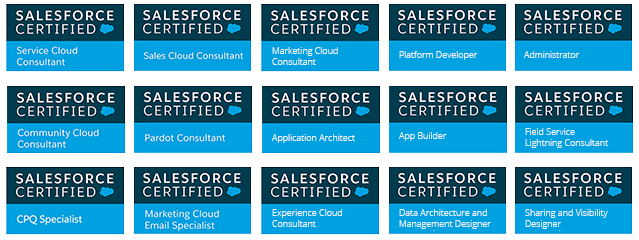How large was the impact of the coronavirus pandemic on healthcare operations? It may be a while until we know the full impact, but this much is certain: healthcare providers are now transforming at the same pace, if not faster, than other industries. And their transformation is occurring at a time when their patients have rapidly changing needs and expectations. As a result, healthcare providers’ transformation objectives are two-fold: optimize and improve operations for better outcomes, and deliver better experiences in previously underheard of ways.
Ubiquitous connectivity of both people and devices has altered patients’ experiences and expectations about their healthcare. Patients no longer have to be physically present in a clinic or with a doctor to receive diagnoses, discuss treatment and monitor progress. And as their digital intelligence increases, they expect to interact with their doctors, and the entire healthcare network. on their terms, which means how, when and wherever they are.
To achieve these objectives, healthcare providers face myriad technical challenges. These challenges include, among other things:
- unifying patient data and making it available across processes and providers,
- automating patient outreach and follow-up to deliver the best experience and care, and
- using machine learning and intelligence to drive patient interactions and improve the overall quality of care.
Contact West Coast today to explore options for your healthcare business to adopt process automation, data unification, AI and machine learning, and intelligent dashboards.



